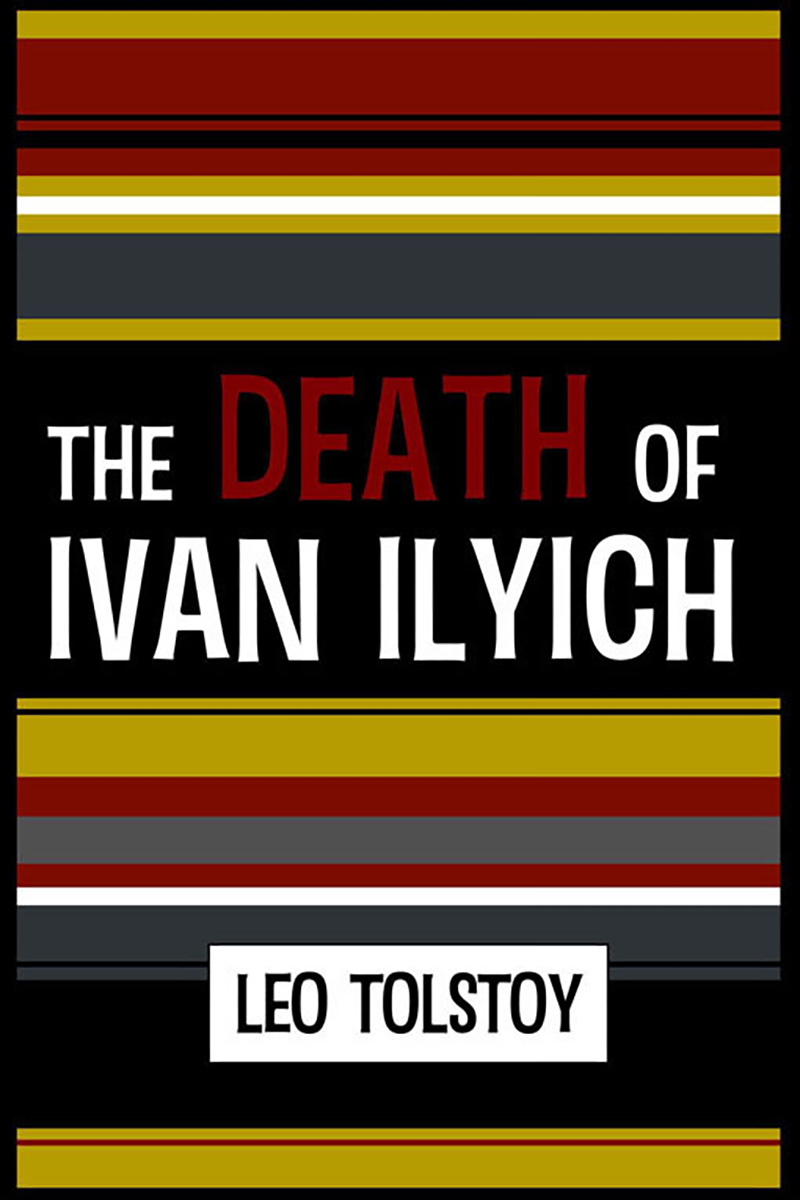Summary
Leo Tolstoy’s novella, The Death of Ivan Ilyich, begins shortly after Ivan Ilyich’s death. A small group of legal professionals, court members, and a private prosecutor have gathered in a private room within the Law Courts, and while looking through a newspaper one of them reads the following;
“Praskovya Fedorovna Golovina, with profound sorrow, informs relatives and friends of the demise of her beloved husband Ivan Ilyich Golovin, Member of the Court of Justice, which occurred on February the 4th of this year 1882. The funeral will take place on Friday at one o’clock in the afternoon.”
Immediately members of the group begin to think how Ilyich’s passing will affect their positions and status; They thank God it didn’t happen to them and ponder on the implications of how they might benefit from their colleagues demise, each one of them oblivious of the fact that death will come to them all. ¬
The story takes us back and we see Ivan Ilyich in the prime of his life. He has studied law and is now a judge. He performs his work with a cold discipline and he is a social climber who has become devoid of emotion. He lacks empathy and any concern for his fellow man, seeking only to reach the top where he can look down upon his peers.
One day Ivan has a fall whilst decorating his new house. He sustains an injury and although he doesn’t know it, the injury will cause him to become ill and he will die as a result. During his illness he becomes bad tempered and bitter and refuses to believe he is coming to the end of his life.
He gets little sympathy from his family and his only solace are his conversations with Gerasim, a peasant who stays by his bed and gives him honesty and kindness. Reflecting on his current situation and his past life Ivan’s worldview begins to change. He realizes the higher he climbed in his noble profession the more unhappy he became, and looking back he realizes how meaningless his life had been.
Slowly Ivan comes to term with his immanent death and finally he sees the light. He begins to feel sorry for those about him busying themselves living a life of habit unable to see how artificial their existence is and that they are not living a good life at all. Finally after his illumination he dies in a moment of exquisite happiness.

